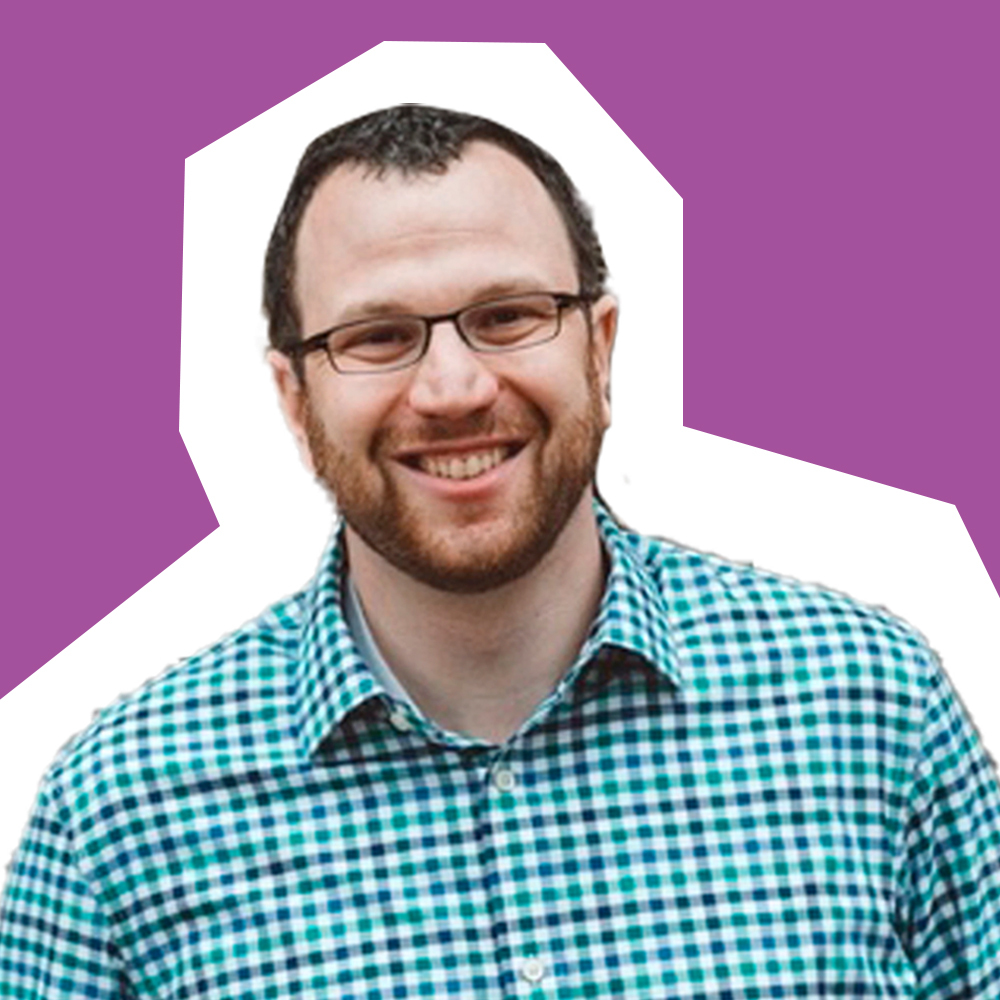In the current cultural environment, it often feels like people aren’t having a lot of meaningful conversations. That’s why listening to well-made podcasts with a point of view and a good-faith desire to educate and connect is important for people’s well-being.
Because podcasts are intimate and special, they provide the audience with time to listen, grow and breathe. That’s what inspires us to make Vibe Check, a show hosted by diverse creators talking about news and culture and how it all feels—the sort of podcast we wish we’d been hearing in the industry for years.
Creating and acknowledging diversity in podcasting
For a long time, the idea of a podcaster and the definition of the podcast audience was straight, white and male. That’s changing. More diverse creators are making podcasts now, but there are folks who have always been here doing the work with listeners right there supporting them. Shows like The Read from Kid Fury and Crissle West have been around for many years, and they’re finally now getting that shine as the OGs and the original podcasters.
When looking at publishers to work with for Vibe Check, we were looking for a partner that supports diversity through its relationships with both creators and audiences. Finding a company that would be there to support us but also know when to get out of the way was critical.
SXM Media and Stitcher stood out because we saw people in the building, so to speak, who look and sound like us. And we saw content on the network from people we know, like and respect, like QUEERY from Cameron Esposito, The fckry from Leslie Jones and Podcrushed from Penn Badgley. It was clear that Stitcher would give us the support and resources—as well as the trust and freedom—we need to create authentic, compelling conversations.
Adding to a growing list of creators who are redefining podcasting is wonderful, and we’re proud to be a part of it. Looking at the ways the roster of podcast creators is diversifying with shows like Vibe Check, it’s also crucial to acknowledge that podcast listeners aren’t a monolith.
There’s an assumption that because so many podcast creators are white, the audience is very white. And so, it must follow that Black creators only attract Black audiences, and gay creatives attract gay listeners, and so on. That doesn’t always have to be the case. What we quickly realized with our show is white listeners can like content that is very Black, straight listeners can like content this very gay, and vice versa.
“I think it is such a joy to be a Black, gay man who has never felt like I was alone in media doing this, learning how to be my authentic, qualified self. And so that’s part of the joy, that Zach and Sam are friends and colleagues and peers who I look up to and respect and learn from. And I hope when you listen, you hear that joy.” —Saeed Jones
More than categories and checkboxes
People like us who are Queer, Black or people of color are often siloed by subject matter. And so much of the time we’re only called on to lend our voices to certain topics or moments. It’s still too common that we’re only invited to the table as marginalized voices to talk about marginalized subjects. When it’s time to talk about climate change or the Biden administration, the Black, Queer host gets up and the straight white man sits down in the chair.
With Vibe Check, there’s an opportunity to talk about all aspects of culture. Yeah, we’re going to talk about Rihanna and the Super Bowl, but we are also going to talk about the climate disaster in Pakistan. From student loans to our favorite TV shows, we’re also going to talk about anything and everything that impacts us. Listeners are going to get it all from our perspective.
“I grew up as a young Black, Queer kid immersed in content that was made for straight people, made for white people. But I found a way to enjoy it. And so, it’s not even a challenge. It’s an opportunity for straight listeners or white listeners right now to say, ‘Oh, I can identify with podcast content that maybe isn’t made exactly for me, but I can open my mind.’” —Sam Sanders
Representation is an opportunity for everyone
Legacy news is in a state of flux. Networks, outlets and shows are trying to figure out what the news should be, what it should sound like for a new generation and a new cultural moment.
It’s crucial to acknowledge that podcast listeners aren’t a monolith.
Shows like ours prove that the lines of hard and soft news, as well as the distinctions between the news and personality, don’t matter anymore. As the lines blur, there’s a feeling of deep connection paired with a deep knowledge.
It’s about imagining the possible. Podcasts make different perspectives accessible. Yes, a Black listener or a gay listener can hear themselves represented in our media, but a straight white listener also has the opportunity to listen and hear what we have to say. It can be an eye opener. We can be our freest and truest selves and still be knowledgeable and informed. There is a chance for people who don’t know us, who would have never thought they could relate to us, to listen and learn or be entertained.
There’s such a strong power when you’re hosting a weekly show. Becoming a staple of someone’s routine, being a part of the architecture of their day is huge. But with other forms of media, consumption is static; that’s all the audience is doing. With podcasts, people take it with them everywhere. We’re with people as they drive, do chores or train for marathons—and that’s an honor. We think about that when we’re making episodes.
Multicultural voices and audiences have value year round
The intimacy of audio, the personalization and experience hosts can bring to brand messages in podcasts—it has resonance and power. Podcast hosts not only reach but touch listeners, which has even more impact with multicultural audiences.
Some of the most loyal consumers come from marginalized backgrounds. When we find a brand that speaks to us, that sees us, that acknowledges who we are, we don’t want to let them go. There’s a rare level of brand loyalty in these communities that companies can tap into. If we see that you respect us, we’re going to be with you a long time. But this recognition, outreach and support needs to move beyond the calendar.
Our goal for every episode is to honor our audience and improve people’s lives in some way, and that extends to the brands, products and services we recommend. We want to make our listeners’ lives a little better, a little easier.
Working with advertisers in podcasting has given us an opportunity to do that. We’re being asked to get familiar with the products and bring our personal experience to ads, which is a big deal for us. As Queer folk and Black folk talking to other marginalized people, we don’t want to lie to our listeners. And with podcasting, we’ve been able to interweave brand support in ways that feel genuine and honest.
“I used to be an editor of The Advocate magazine and I worked in Queer media. I’ve had to fight for advertisers to see us as legitimate. I would like advertisers to know that pride exists outside of June, that Black audiences exist outside of February. It’s more impactful for me to try to reach these marginalized groups outside of these big months when everyone’s pitching to them. Black people buy diapers for their kids. Queer people go see their families in November. We’re a part of all the products you’re trying to sell. We’re complex, complete people—we’re not just a project or a campaign.” —Zach Stafford
It’s all a part of the power of audio and this medium. One of the biggest compliments we get on the show is when people assume we’re all in the same room. We’ve never recorded together, but our relationship and wonderful engineer help us create that illusion. And with each episode of Vibe Check we invite listeners to join us in our space.













































